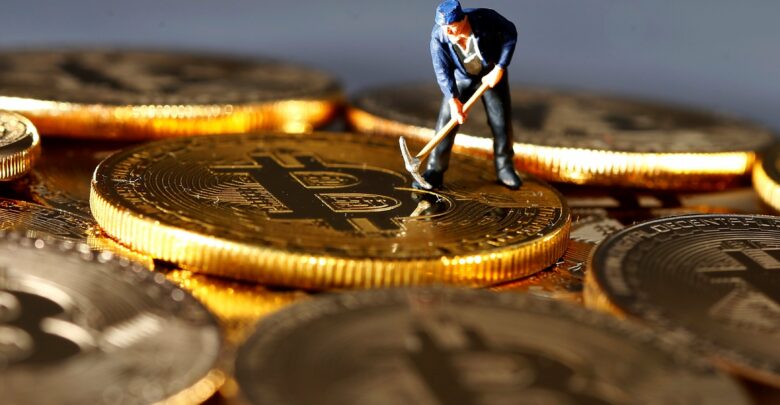Since China banned the mining of cryptocurrencies, the cryptocurrency mining sector is apparently thriving in Thailand. Retail cryptocurrency miners in Thailand are purchasing mining rigs in significant numbers, based on a new story released by Al Jazeera.
Following China’s ban in 2021, the utilization rate of BTC mining fell by over half. Major mining corporations, on the other hand, relocated to other countries, such as the United States and Canada, to maintain their activities. While large corporations chose North America and Europe for their profitable mining operations, little retail miners chose Southeast Asia.
According to Pongsakorn Tongtaveenan, a Thai businessman, BTC is the modern world’s gold. A mining rig, on the other hand, works similarly to gold mining stocks in that you get compensated dividends based on the gold price. There are roughly 100K Thai miners presently.
In the previous several months, Thailand has seen a boom in demands for cryptocurrency mining equipment. Owing to that A, Thai business people ordered a big number of Bitmain Antminer SJ19 Pro mining rigs from Shenzhen in 2021.
Cryptocurrency Mining
BTC mining remains lucrative for miners worldwide, irrespective of the decrease in incentives. The rate of electricity, on the other hand, has a significant impact on the entire volume of mining revenue. According to what a specialist on Laos’ cryptocurrency legislation, seeking anonymity, said to Al Jazeera, more than 95 percent of power generated is for exportation. The extra ought to be utilized, otherwise it is a tremendous waste for the government. They observe a way to turn that surplus into huge amounts of money.
In 2021, the Bitcoin mining hash rate increased by over 27 percent, owing to a surge in retail cryptocurrency mining throughout Southeast Asia. Tiny retail miners successfully grabbed a good part of the worldwide cryptocurrency mining sector in the past six months, whereas huge firms have stayed dominating.
State’s Adversary
Some analysts believe that the benefits of cryptocurrency would accrue to a small number of linked businesses. The laws favor “a very small minority in Laos,” according to an expert on the country’s crypto laws. “It is completely closed to the Lao public and Lao consumers.”
Notwithstanding the tendency of stockholders leeching off residual Chinese mining systems, the wealthy in Thailand, among Asia’s most unbalanced nations, are setting the standards of the wider cryptocurrency game.
SCB, Thailand’s oldest bank, spent $537M in November to buy 51 percent of BitKub, Thailand’s largest cryptocurrency exchange. SCB is owned by Thailand’s King Maha Vajiralongkorn, who controls 23 percent of the company.
BitKub is hoping to absorb the charges of multitudes of Thai clients as authorities officially enable them to exchange cryptocurrencies effortlessly. Its goal is to become Southeast Asia’s greatest trades system.
BitKub’s development is seen with mistrust by some Thai cryptocurrency aficionados as an effort to centralize a once rogue source of money.
According to a miner that requested anonymity, BTC’s goal was to emerge as the state’s adversary, however the affluent have won it over. One could as well climb on board if they are incapable of fighting it.







More Stories
Koinal Review – Is Koinal Scam or a Trusted Broker? (Koinal.ai)
Fxp360 Review – Is Fxp 360 Scam or a Trusted Broker? (Fxp360.com)
Coinbase Files A Petition To The SEC, Argues That Staking Should Not Be Classified As Securities